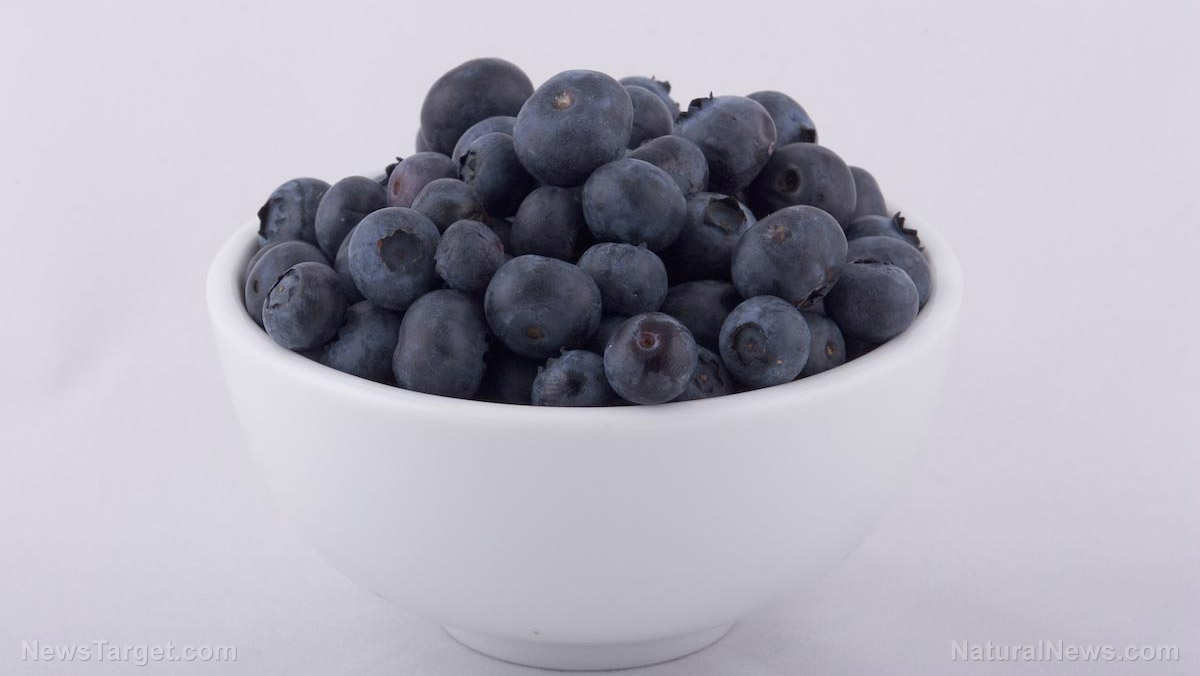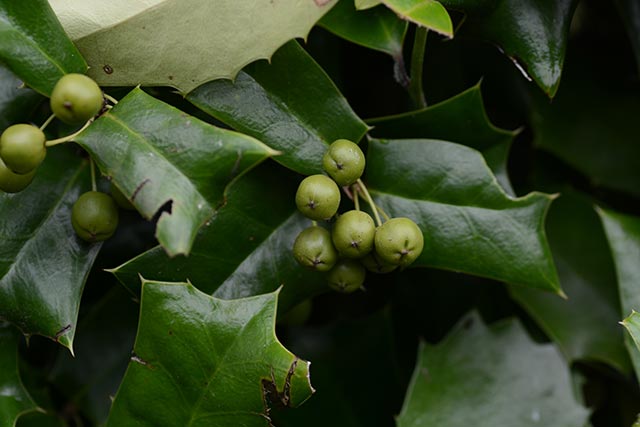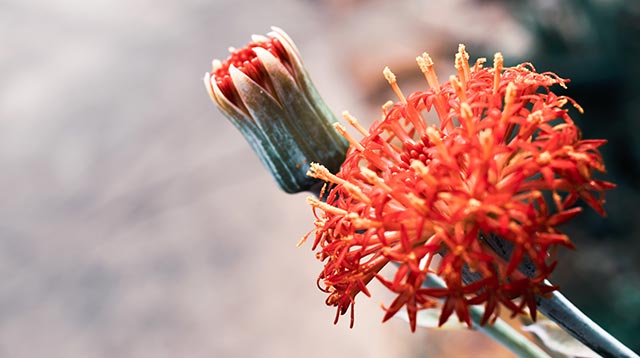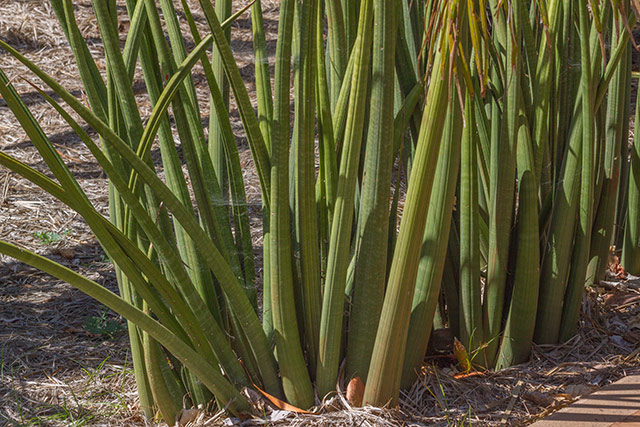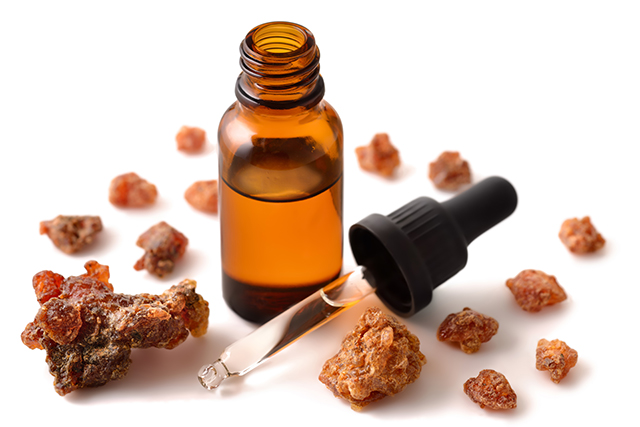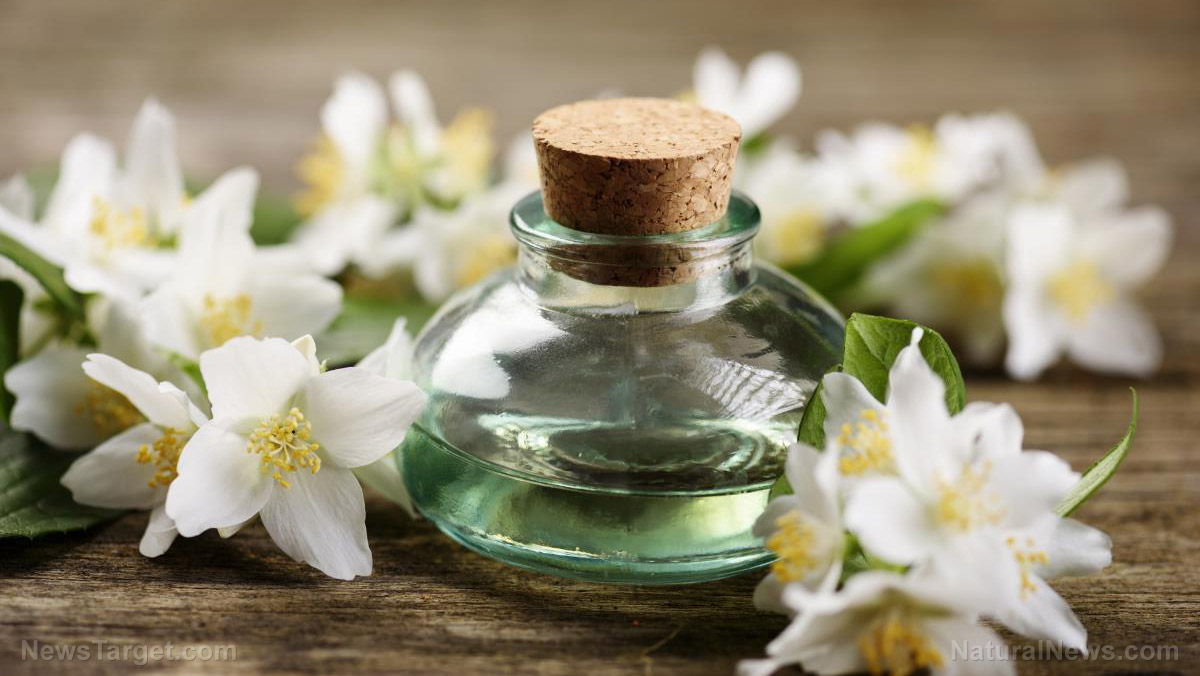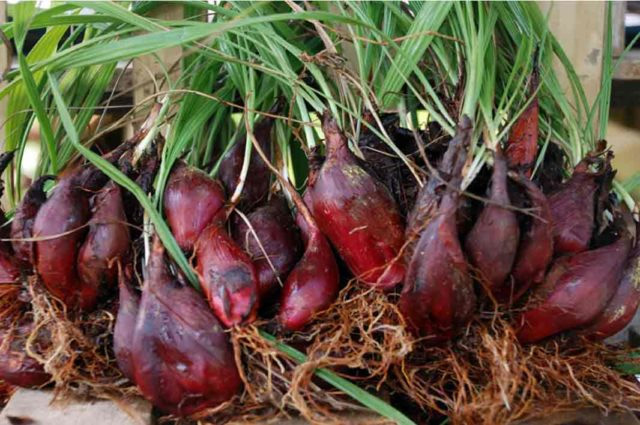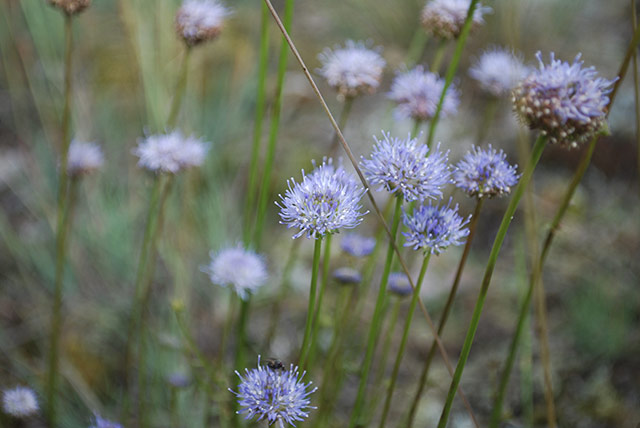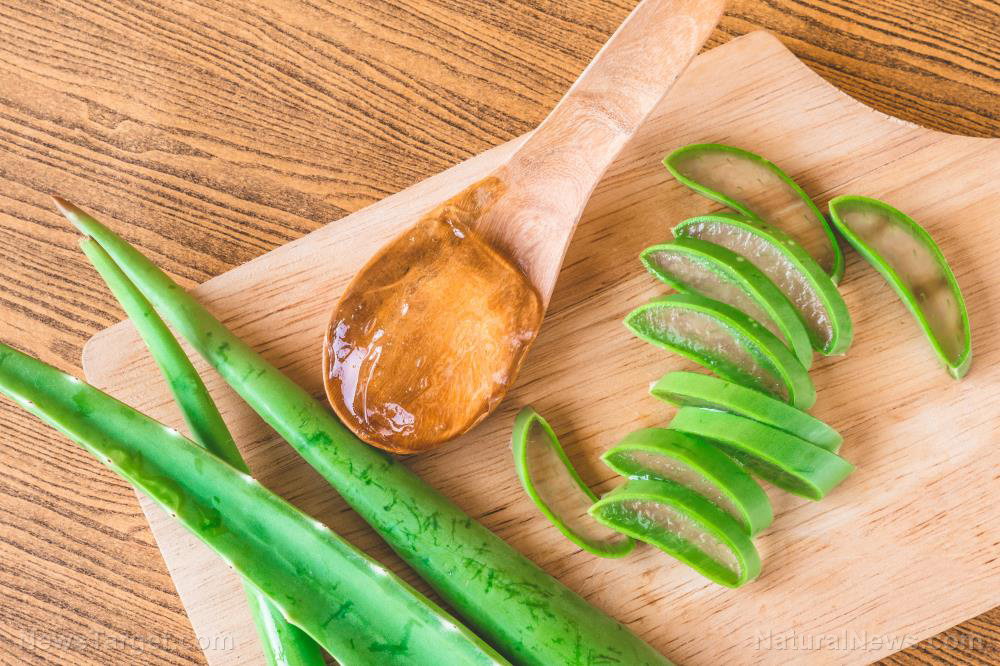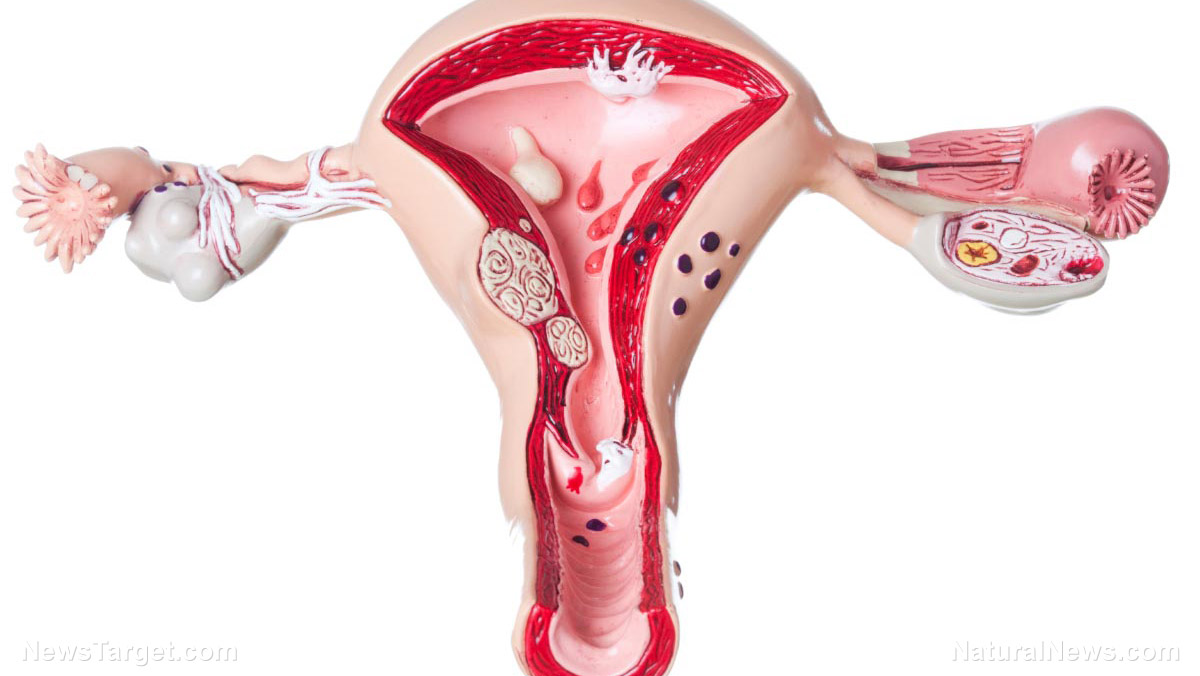Women who suffer from heavy menstrual bleeding are recommended to supplement with Shepherd’s purse
11/14/2018 / By Michelle Simmons
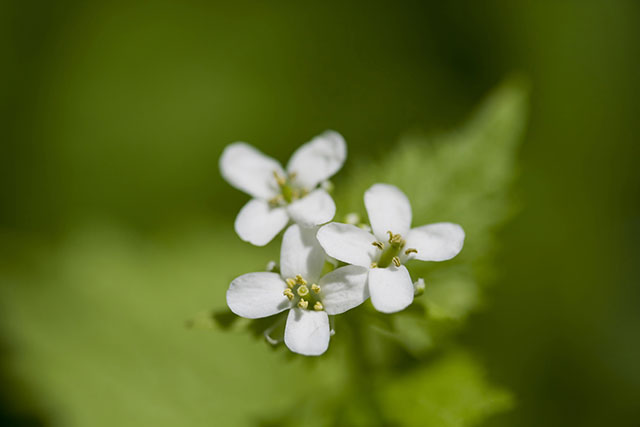
Menorrhagia, a condition better known as heavy menstrual bleeding, is a very common condition in women. It’s also one of the main reasons for impaired quality of life and iron-deficiency anemia in women — making the need for treatment a priority. One natural way to treat the condition is to supplement it with shepherd’s purse (Capsella bursa-pastoris), according to a research. In their paper, published in The Journal of Alternative and Complementary Medicine, they have found that the extract of shepherd’s purse can effectively reduce heavy menstrual bleeding.
Researchers from Shahid Beheshti University of Medical Sciences, Islamic Azad University, and Qom University of Medical Sciences in Iran sought to determine how the hydroalcoholic extracts of shepherd’s purse can affect heavy menstrual bleeding. For the study, they recruited 84 women with a medical history of heavy menstrual bleeding and divided them into two groups: a treatment group and a control group.
The treatment group received two shepherd’s purse capsules every 12 hours in addition to two capsules of mefenamic acid every eight hours. On the other hand, the control group received mefenamic acid and placebo. All participants received a pictorial blood loss assessment chart (PBLAC) to confirm heavy menstrual bleeding during the menstrual cycle.
To note, menstrual bleeding is considered heavy when any of the following occurs:
- When it lasts for more than a week.
- When bleeding soaks through one or more tampons or pads every hour for several hours in a row.
- When you need to wear more than one pad at a time to manage a menstrual flow.
- When you need to change tampons or pads at night.
- When your menstrual flow has blood clots that are about the size of a quarter or bigger.
The treatment period began from the first day of menstruation to the end of this period up to one week for two consecutive cycles. Then, the researchers measured the PBLAC score and number of bleeding days, incidence of any potential problems, and participant satisfaction.
The researchers saw a significant reduction in the amount of menstrual bleeding in both groups, but the mean reduction in the amount of bleeding was significantly more in the shepherd’s purse group.
Based on the findings of the study, the researchers concluded that the hydroalcoholic extracts of shepherd’s purse capsule may be an effective way to reduce menstrual bleeding. (Related: Dietary tips for women with heavy menstrual bleeding.)
What is shepherd’s purse?
Shepherd’s purse is a flowering plant from the mustard family. It is native to regions of Asia and Eastern Europe, where it is frequently used for its medicinal properties. This herb contains fumaric acid and sulforaphane, which have been proven to offer antioxidant effects in scientific studies. Here are some of its health benefits:
- Treats wounds: Shepherd’s purse possesses anti-inflammatory and antibacterial properties, which make it a good herb for treating small wounds. Its leaves can also be used to make a poultice, which can be applied directly to a wound to help it heal.
- Boosts fertility: This herb is used in folk medicine to boost fertility.
- Fights cancer: Some studies have suggested that shepherd’s purse may also have anti-cancer properties, such as slowing down the growth of cancer cells.
- Reduces inflammation: The sulforaphane in shepherd’s purse can help reduce inflammation. It may also be effective against multidrug-resistant bacteria.
- Reduces postpartum hemorrhages: Shepherd’s purse is well-known for its ability to reduce excessive bleeding, such as heavy menstrual bleeding. It has also been found to be effective in reducing postpartum bleeding, which occurs when women lose over 500 milliliters (ml) of blood after giving birth.
This herb is also believed to be useful in treating headaches, bladder infections, varicose veins, diarrhea, constipation, and sore throat.
Read more news stories and studies on women’s health by going to WomensHealth.news.
Sources include:
Tagged Under: alternative medicine, Capsella bursa-pastoris, heavy menstrual bleeding, herbal medicine, Herbs, menstrual bleeding, menstruation, natural cures, natural healing, natural medicine, natural remedies, shepherd's purse, supplement, women, women's health

